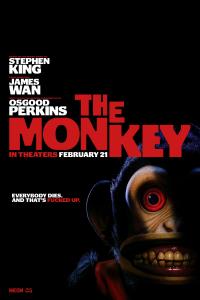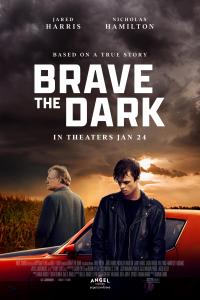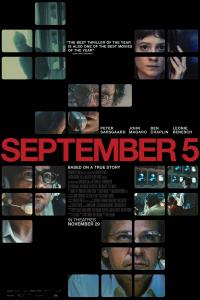Torrent details for "Ojos de Brujo - Barí [FLAC] 2002" Log in to bookmark
Controls:
Language:
 Spanish
SpanishTotal Size:
328.51 MB
Info Hash:
64d8c5c18170c1f1f5f21996511e72ba4f081cfd
Added By:
Added:
17-09-2020 12:14
Views:
379
Health:

Seeds:
0
Leechers:
0
Completed:
27
Ojos de Brujo ("Sorcerer Eyes" in English) was a nine-piece band from Barcelona who describe their style as "jipjop flamenkillo" (hip-hop with a little flamenco). The band sold over 100,000 copies of their self-produced Barí album, and has received several awards, among these the BBC Radio 3 World Music Award for Europe in 2004 (having also been nominated in 2003
Their success is also notable for being achieved without the aid of label backing; they set up their own label, La Fábrica de Colores, to get complete artistic freedom for Barí, away from the pressure they perceived from their record company Edel Records for their debut Vengue.
Blame our postmodern fascination with sampling, or the hubris of generations who have grown up more familiar with copies than with the originals, but at this point we've pretty near wrung all meaning out of the word fusion. And when it comes to describing the kinds of exciting developments in world music exemplified by nuevo flamenco artists Ojos de Brujo, perhaps a new metaphor is necessary. Something more organic, even geological. Yes, that's it: When listening to Barí, the Barcelona-based group's second release, the image that fits is not that of hip-hop, funk, rap, or rumba newly melded with traditional flamenco music, but of rock layers that an ancient and moving river lays bare. The oldest strata date for the migration from India of the Roma people, called Gypsies in Spain, mixed with North African Moors. Layered upon their oral culture, their folk songs and sinuous dancing, a bluesy lament about the hard life of the fulag mengu -- the Arabic phrase for "fugitive peasant" and likely origin of the word "flamenco" -- after Ferdinand and Isabela made Christianity the law of the land. Next, the rural accents of those who hid in the southern hills of Andalusia, and the Afro-Caribbean rhythms learned by those who fled to the colonies. Some of these rhythms were carried back to Ojos de Brujo vocalist Marina Abad and drummer Xavi Turull by Cuban musicians they've played with along the way, while others already existed in the elemental flamenco grooves, the rumbas and tanguillos and bulerías, laid down by guitarist Ramon Giménez. On top is a contemporary urban landscape of stray bullets and bill collectors, precisely rendered by Abad's socially conscious staccato rapping. If all of this seems like a bit of a stretch, note the traditional handclapping that punctuates the opening guitar riff, and its relation to the percussively rapped syllables that chatter like water over rocks at the album's close. Listen to the eroded consonants of "Naita" "Nothing", to the fossil of a flamenco lyric with which it begins, and how seamlessly it progresses to an outcropping of hip-hop near its finale. Consider that the classic songs of Gypsy legend el Camarón set to rumba and offered as consolation to modern-day fulag mengu as "Ventilaor Rumba 80" invites them to dance to ancient rhythms. Or that today's dangerous streets can necessitate the ancient Moorish melodies and sorrowful mode of "Tiempo de Soleá," while an email from a fetchingly green-eyed boy inspires the invention of the funk-fueled "Bulería del Ay!" You just can't pull the elements or eras apart. All of this is music is firmly grounded in flamenco, with fusion occurring not just at a superficial level, but deep below its surface, as its oldest and most enduring process. Listeners who are as interested in where flamenco has been as they are in where it is going will love exploring the sonorous depths of Ojos de Brujo's Barí.

Marina Abad
Tiempo de Soleá
Ventilaor R-80
Naita
Quien Engaña No Gana
Zambra
Ley de Gravidad
Memorias Perdías
Tanguillo de María
Bulería del Ay!
Calé Barí
Acción Reacción Repercusión
Rememorix











































